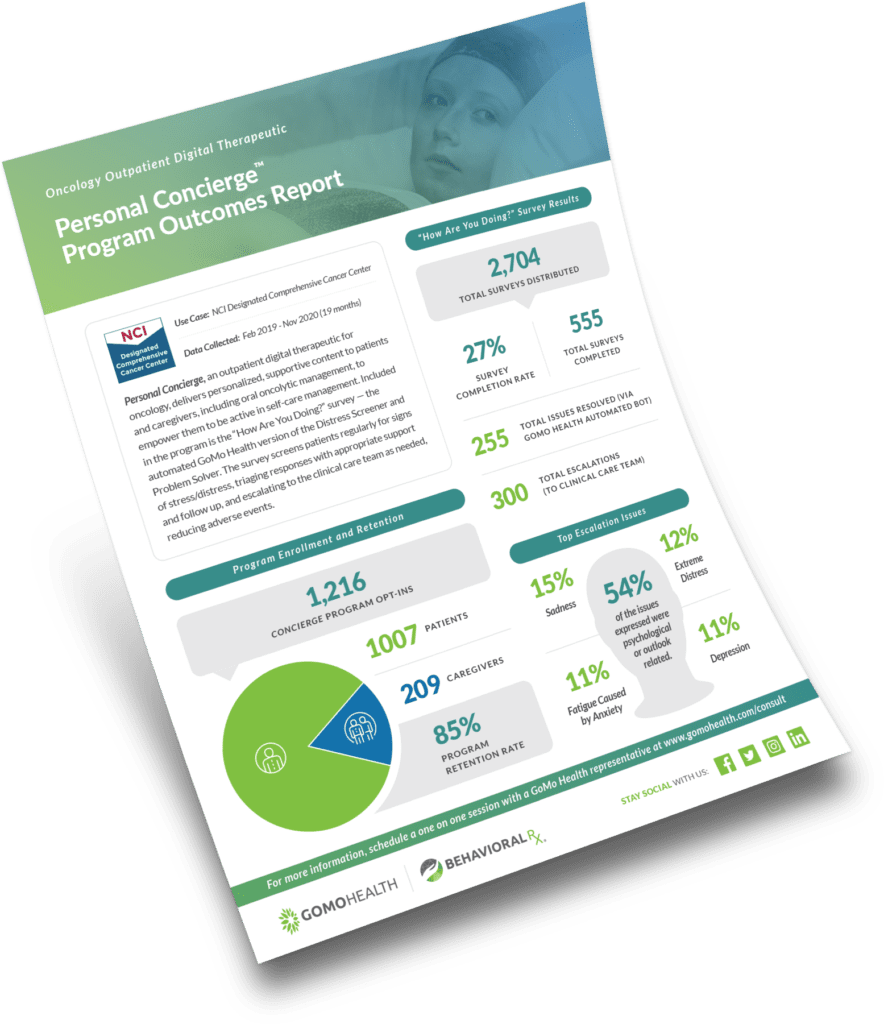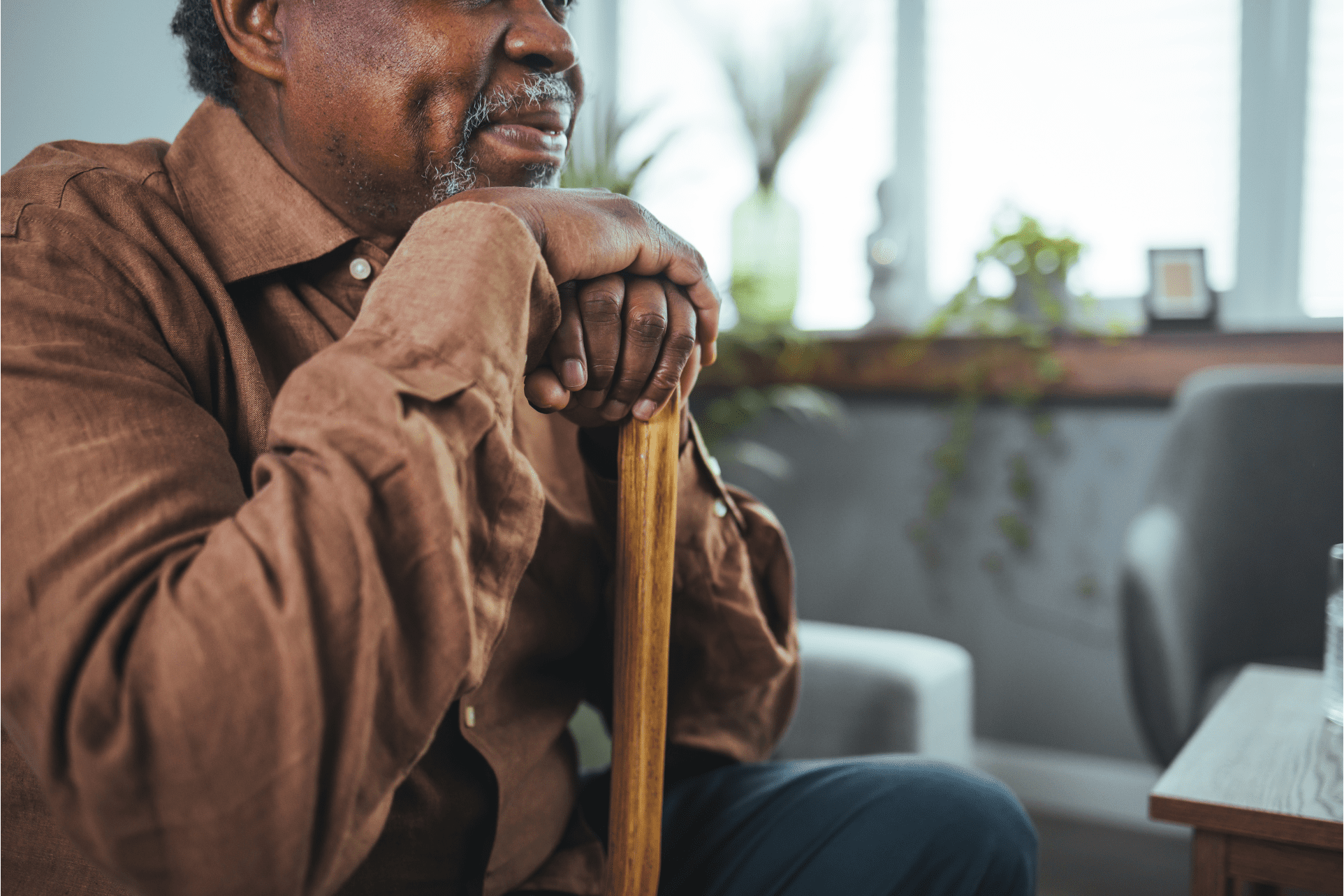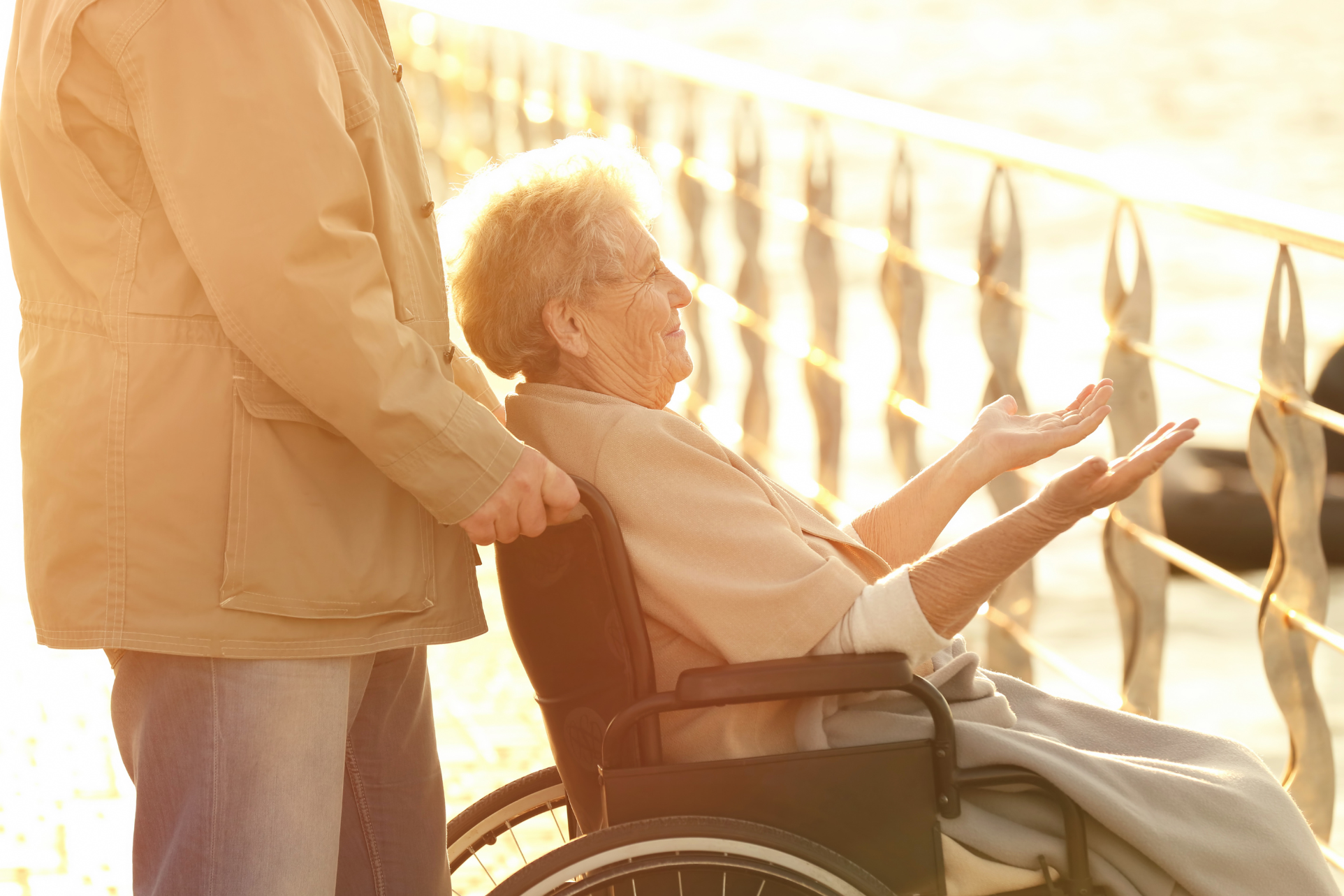Healing Whole: The Importance of Treating the Entire Patient during the Oncology Journey
We’ve discussed and reported at length the importance of treating the whole patient and addressing their biopsychosocial states in all areas of healthcare. Perhaps nowhere is it more important to address the totality of the impact of one’s condition than during the oncology experience. A cancer diagnosis brings unmatched stress and uncertainty that affects all aspects of the patient’s life, including their physical health, their mental wellness, their careers, their relationships with their families and children, their energy levels, self-confidence, intimacy, and everything else.
The modern oncology paradigm must transcend the singularly focused dispensation of condition care and address all of the different pain points that patients experience when they’re going through this difficult journey. In a disease state with incredibly fluctuating adherence rates, it’s important to understand the factors that affect treatment compliance, access to care, and the willingness of patients to actively pursue and continue their treatment.
Oncology and Mental Health: Giving Patients Hope and Support
One of the main area factors that can influence adherence, effectiveness, and success of the oncology treatment experience is the consistent and effective management of patients’ mental health needs. Data from the National Cancer Institute indicates that properly managed mental health care for issues like depression, anxiety and more can actually improve survival rates.
Additional data illustrates the power of proper mental health treatment, as part of a comprehensive oncology care program that addresses patients’ psychosocial status, can also improve treatment adherence rates. For example, a meta-analysis published in Oncology Reviews indicates that depressed patients were three times as likely as non-depressed patients to be non-adherent and that most research indicates that depression plays an important part in predicting non-adherence in general.
Addressing patients’ mental health during their oncology journey can include a variety of interventions, such as coordination with a trained and experienced psychologist as part of their care plan, and digital resources to help them during key moments of depression, anxiety, and emotional vulnerability.
A Day in the Life: Treating Patients Where and How They Live
When we talk about “meeting patients where they live” during the oncology journey, we don’t confine the definition to providing chemotherapy or oral oncolytic treatment at home. Engaging patients in their lived environment and giving them resources that meet the unique needs associated with their lifestyles (age, socioeconomic background, etc.) can help provide more intuitive care.
Studies from the aforementioned meta-analysis found age to be a dominant factor in adherence. Providing patients with age-appropriate, easily “digestible” information and resources about their medications and emotional-support content can help empower them and improve their overall outlook.
Another part of addressing the whole patient is getting to know them as people, including what they do, their family dynamics and their daily habits, to help them maintain their quality of life and personhood while in treatment. For example, as more and more patients try to navigate departure from and return to their careers on opposite sides of the oncology paradigm, they experience a wide range of emotional and logistical challenges that can negatively impact their outlook and subsequent treatment experience. Providing educational and emotionally supportive guidance about how they can more easily transition between these stressful situations can alleviate much of this burden. Familial and social support is another critical aspect of dealing with cancer. Patients have entire communities of friends and loved ones that may not know how to navigate their post-diagnosis interactions. Caregivers also face unique challenges as they transition into their new role. Data from the National Cancer Institute indicates that:
50 percent of caregivers report high emotional stress related to caregiving.
72 percent assist with medical tasks.
Nearly 40 percent live with the person for whom they’re caring.
25 percent report significant financial strain.
Over 40 percent need help managing physical and psychological stress.
Caregivers also need help making important end-of-life decisions, tips on bathing and grooming, resources on nutrition, and a full range of other needs. Treating the whole patient must include also effectively engaging with their caregivers and empowering them on behalf of the person for whom they are caring.
Using Digital Therapeutics to Improve the Holistic Oncology Experience
An intuitive, patient-focused digital resource that can provide in-the-moment stress de-escalation, tips on medication and treatment adherence, lifestyle and support resources and emotional support can drastically improve the holistic nature of the oncology experience. By offering patient-specific, precisely timed support messaging that speaks to patients’ previously indicated needs, providers can engage with their patients well beyond the traditional office visits. GoMo Health is acutely aware of the full breadth of clinical and support needs experienced by patients suffering with all types of cancer, and we have worked with various oncology and cancer support organizations to improve treatment outcomes and increase joy of practice among providers. Learn more about how we deployed Personal Concierge for our oncology clients and let us know what we can do for you.
Personal Concierge for Oncology Outcomes Report
Download the Personal Concierge Outcomes report, which shows the results of Personal Concierge used as an outpatient digital therapeutic for oncology that delivers personalized, supportive messaging to patients.







Find Us Online